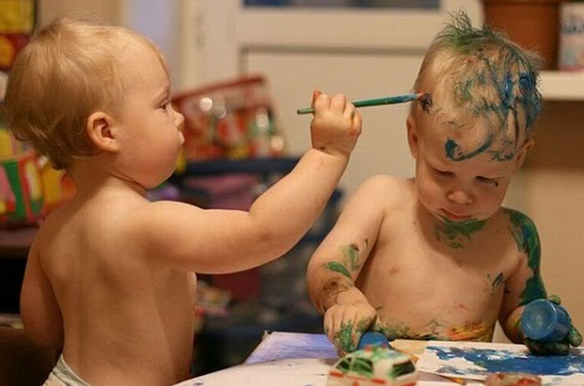This is one of the first questions I am asked by perspective clients. Most people would like to use their insurance if they can (“I’m already paying so much for the coverage, I want to be able to take advantage of it!â€) but are sometimes hesitant to do so. What are some of the pros and cons?
Reasons to use your insurance:
- You can. Thanks to the Paul Wellstone and Pete Domenici Mental Health Parity and Addiction Equity Act many of us can now use our health insurance for mental health treatment. This law insures that mental health treatment is covered in the same way as physical health treatment.
- It’s cheaper. Because treatment is covered by insurance, it ends up being cheaper for most folks. Instead of being responsible for the entire fee, you may only need to pay a co-pay, just like when you go to your primary care physician.
- Makes finding a provider easy. Want to use you insurance but don’t know what provider to see? Simply call your insurance company and ask which psychologists in your area participate in their panels. They will provide you with several names, numbers, and in some cases even help you set up the appointment.
Reasons to pay for treatment yourself:
- Confidentiality. When you use your health insurance to pay for your psychological care, you allow the insurer access to all of your records. Though they may not always request the information from your provider, they can. And this information can be used in the future to determine whether other services are covered, or if you are even eligible to be covered by health insurance at all.
- Freedom. Even though insurance coverage for mental health treatment has improved over the years, there are still limits to the number of sessions and the types of treatments and conditions that are covered. In order to have maximum control and freedom in your treatment, it may be best to pay for it yourself.
- It’s easier. If you have the money to do it, paying for your own treatment is easier. When patients use insurance to see me, we have to spend at least some of our time dealing with the administrative tasks required by insurance companies. For some this is worth it, but for others it becomes a distraction to the more important tasks at hand.
Still not sure what to do? Talk to your provider and see what s/he suggests.

